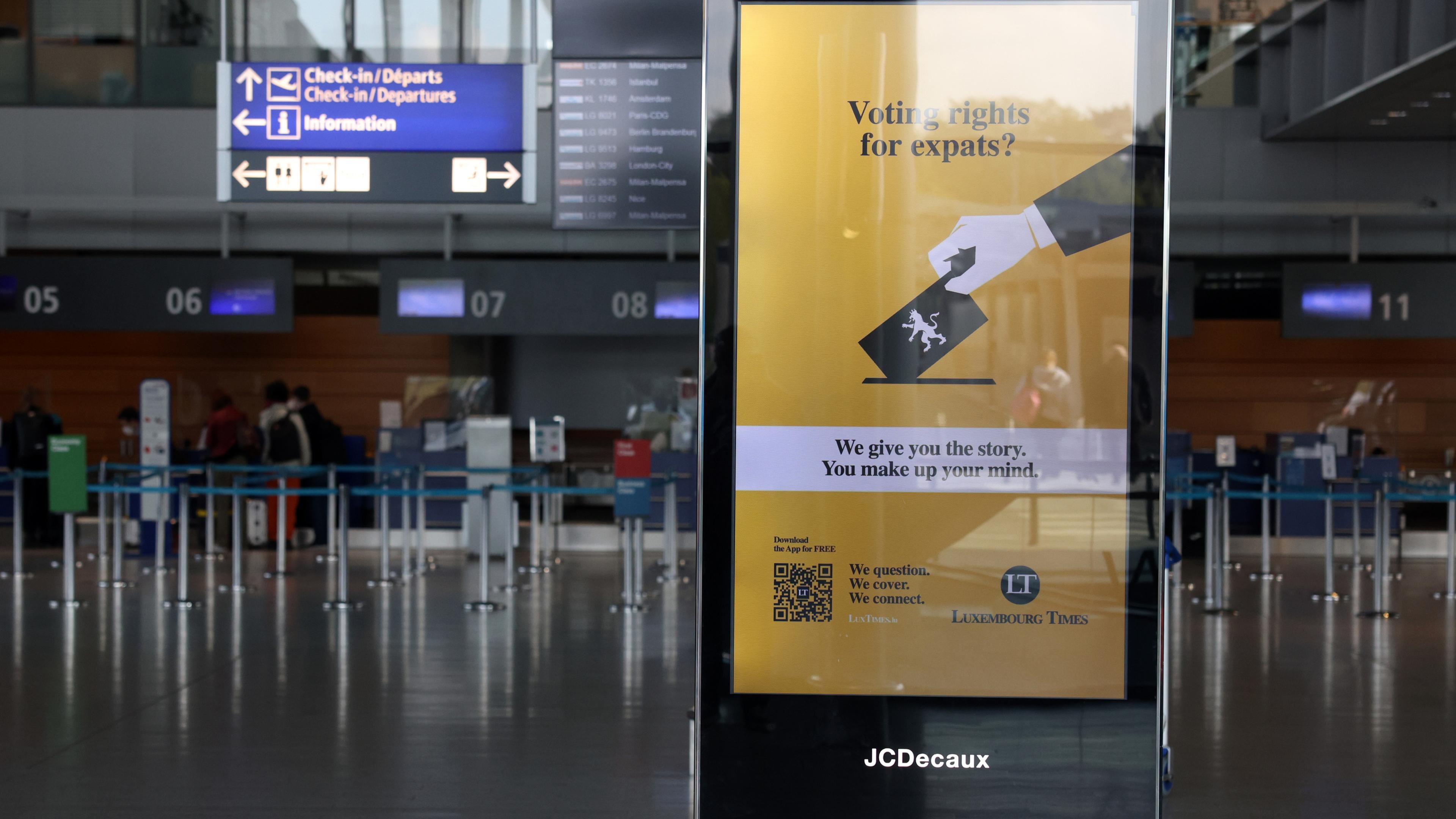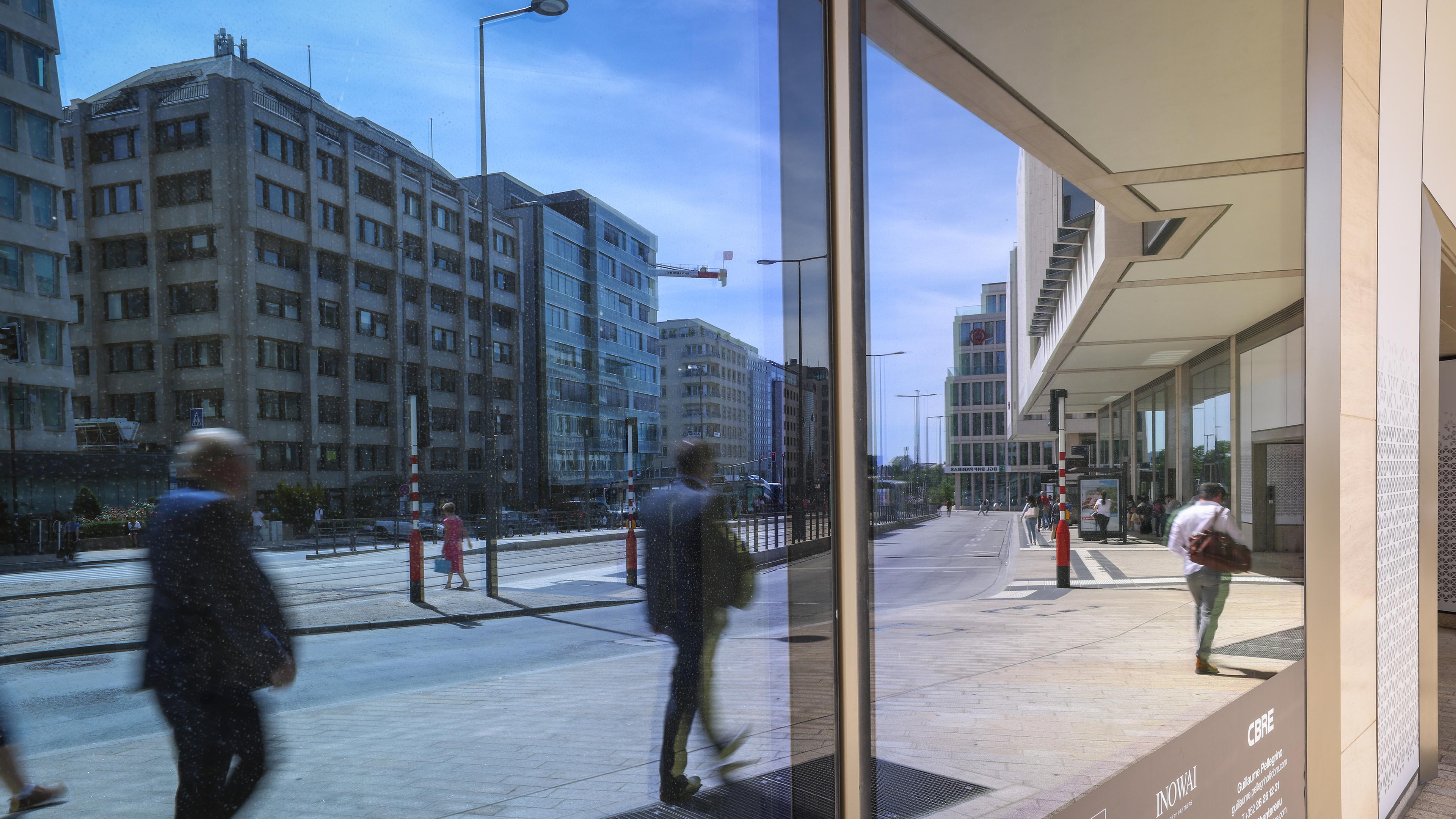Communal elections set for next June to avoid voting clash
Foreign residents who have lived in Luxembourg for five years are eligible to vote in communal elections, but that could soon change

Communal elections, in which foreign residents can vote, will be held on 11 June next year after lawmakers approved the date in a vote on Wednesday.
Deputies voted to bring forward the date of the election, which was originally scheduled for October 2023, as it would have clashed with the country's legislative election, which requires Luxembourgish nationality to be eligible to vote.
Luxembourg holds communal elections – also known as local elections – every six years to appoint mayors and councillors, who decide on local budgets and infrastructure projects.
The Christian Democrats (CSV) was the only party to object to the law as it shortens the mandate of councillors and mayors by four months, said CSV deputy Georges Mischo who is also the mayor of Esch-sur-Alzette.
“It’s unfortunate we cannot vote this law unanimously. It would have been an important symbolic gesture”, Interior Minister Taina Bofferding whose ministry drafted the law said in parliament.
All residents who have continuously lived in Luxembourg for at least five years are eligible to vote in communal elections, making them the only vote foreigners can take part in in the country.
However, that could soon change as parliament could adopt a bill, that would drop the residency requirement altogether, after it passed a committee in May.
The law would allow foreigners to both vote and stand in local elections without needing a set residence requirements, regardless of whether they are EU citizens or not and could come in time for next year's voting round.
Non-Luxembourgers account for around half of the country's population and around 70% of residents in the capital, with the latest figures showing that Luxembourg's strong population growth and employment growth is driven by foreigners, including by non-EU migration.
At the last local elections in 2017, less than a quarter of resident foreigners signed up to vote, a study by the Centre for Intercultural and Social Studies showed. A third of foreign residents, some 75,226 people, were not authorised to register on the municipal electoral lists because they did not meet the criteria, parliament's website said.












